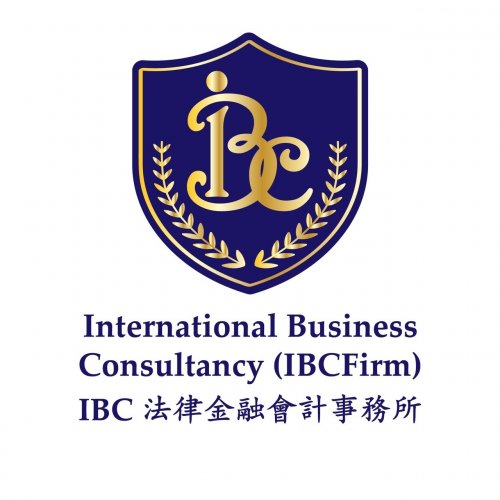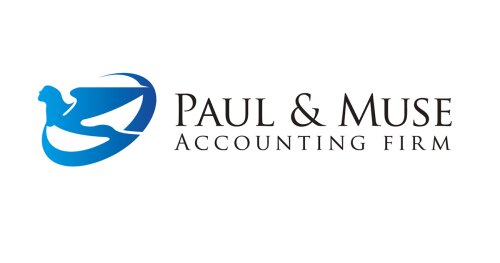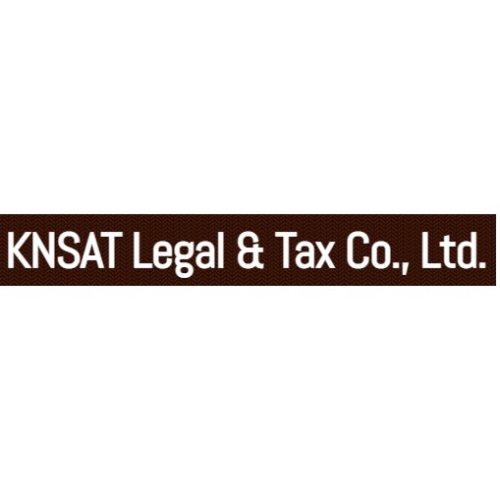Best Structured Finance Lawyers in Bangkok
Share your needs with us, get contacted by law firms.
Free. Takes 2 min.
List of the best lawyers in Bangkok, Thailand
Legal guides written by SIAM LEGAL INTERNATIONAL:
- Defamation Laws in Thailand: Criminal Charges and Civil Suits
- The State of Thailand’s Long-Term Resident (LTR) Visa Program in 2025
- The Penalties Of Not Filing Your Income Tax Return As A Foreigner In Thailand
About Structured Finance Law in Bangkok, Thailand
Structured finance is a sophisticated area of financial law dealing with complex financial instruments designed to manage risk, enhance liquidity, and optimize capital for corporations and investors. In Bangkok, Thailand, structured finance transactions typically involve securitization, collateralized loan obligations, project financing, and asset-backed securities. Bangkok serves as the financial hub of Thailand and Southeast Asia, with a growing market for cross-border and domestic structured finance deals. Local legal frameworks govern how these transactions are established, regulated, and enforced to ensure market integrity and protect the interests of all parties involved.
Why You May Need a Lawyer
Legal expertise is crucial in the structured finance sector due to the complexity and high stakes of these transactions. You might need a lawyer if you are:
- Structuring or negotiating lending, securitization, or asset-backed deals
- Seeking to raise capital for a project or business in Bangkok
- Investing in structured financial products or securities
- Facing regulatory compliance or licensing requirements in Thailand
- Dealing with cross-border transactions involving Thai parties or assets
- Resolving disputes related to structured finance arrangements
- Needing due diligence, risk assessments, or tax impact evaluations
Legal guidance helps prevent costly mistakes, clarify obligations, ensure compliance with Thai regulations, and protect your investments.
Local Laws Overview
Structured finance activities in Bangkok are regulated by a combination of Thai laws and regulations. The most relevant legal frameworks include:
- Securities and Exchange Act: Governs public offerings, securities issuance, and trading, including structured financial products.
- Trust for Transactions in Capital Market Act: Allows the creation of trusts for certain structured finance activities, such as asset securitization.
- Bank of Thailand Regulations: Set out requirements for financial institutions engaged in lending and securitization.
- Civil and Commercial Code: Applies to the enforceability of contracts and property rights underlying structured transactions.
- Foreign Exchange Regulations: Affect cross-border dealings and the repatriation of capital and returns.
- Tax Laws: Determine the tax treatment of structured deals and returns, including withholding tax and VAT considerations.
The legal environment in Thailand continues to evolve, with regulators periodically updating rules to promote transparency, financial stability, and investor protection. Legal counsel can help you navigate these changes and avoid legal pitfalls.
Frequently Asked Questions
What is structured finance?
Structured finance involves the use of complex financial instruments and arrangements, such as securitizations, to manage risk and fund investments or projects.
Is asset securitization allowed in Thailand?
Yes, asset securitization is allowed under Thai law, primarily governed by the Trust for Transactions in Capital Market Act and associated regulations set by the Securities and Exchange Commission.
What are the key legal risks in structured finance deals in Bangkok?
Key risks include enforceability of contracts, regulatory non-compliance, counterparty default, and changes in tax or financial regulations.
Do I need government approval for issuing structured products?
Generally, the offering of structured products to the public requires approval from the Securities and Exchange Commission and compliance with disclosure and reporting obligations.
Can foreign investors participate in structured finance transactions in Thailand?
Yes, but foreign investors must comply with foreign exchange controls, licensing requirements, and certain restrictions depending on the assets involved.
Are there specific regulations for cross-border structured deals?
Cross-border transactions may trigger additional regulatory reviews, currency controls, and tax implications. It is important to seek legal advice to address these issues.
How are disputes in structured finance typically resolved?
Disputes can be resolved through litigation in Thai courts or through arbitration, depending on the terms of the agreement.
What is the role of a trustee in Thai securitization?
A trustee manages the assets held in trust, protects investors' interests, and ensures compliance with relevant regulations.
Do tax considerations impact structured finance transactions in Thailand?
Yes, tax implications such as withholding tax, VAT, and stamp duties can affect transaction structures and returns.
How can legal advice help in structured finance?
Legal advice ensures transactions are structured efficiently, in compliance with all applicable laws, and tailored to your business goals while minimizing risks.
Additional Resources
If you need further information or assistance, the following resources and organizations may be helpful:
- Securities and Exchange Commission (SEC) Thailand
- Bank of Thailand (BOT)
- Thai Bond Market Association
- Ministry of Finance
- Thai Bar Association
- Thailand Arbitration Center
- Leading law firms specializing in banking and finance law
Next Steps
If you are considering or involved in a structured finance transaction in Bangkok, it is wise to consult a qualified lawyer with experience in Thai finance law. Start by gathering all relevant documents and outlining your objectives and concerns. Schedule a consultation with a legal professional who can assess your situation, explain your options, and provide tailored advice. The right legal support can help you avoid regulatory penalties, structure your deal properly, and safeguard your investments and interests in Thailand’s evolving financial landscape.
Lawzana helps you find the best lawyers and law firms in Bangkok through a curated and pre-screened list of qualified legal professionals. Our platform offers rankings and detailed profiles of attorneys and law firms, allowing you to compare based on practice areas, including Structured Finance, experience, and client feedback.
Each profile includes a description of the firm's areas of practice, client reviews, team members and partners, year of establishment, spoken languages, office locations, contact information, social media presence, and any published articles or resources. Most firms on our platform speak English and are experienced in both local and international legal matters.
Get a quote from top-rated law firms in Bangkok, Thailand — quickly, securely, and without unnecessary hassle.
Disclaimer:
The information provided on this page is for general informational purposes only and does not constitute legal advice. While we strive to ensure the accuracy and relevance of the content, legal information may change over time, and interpretations of the law can vary. You should always consult with a qualified legal professional for advice specific to your situation.
We disclaim all liability for actions taken or not taken based on the content of this page. If you believe any information is incorrect or outdated, please contact us, and we will review and update it where appropriate.















